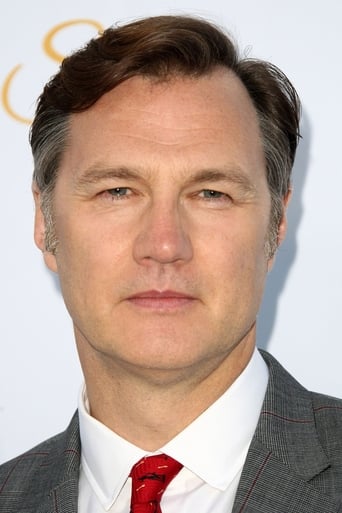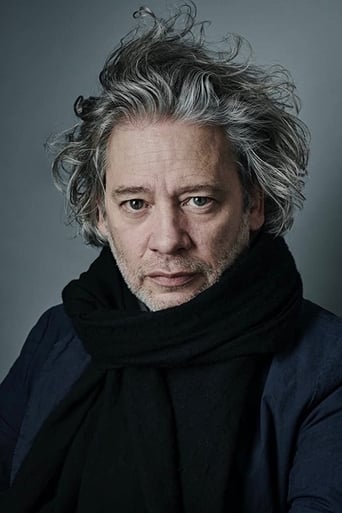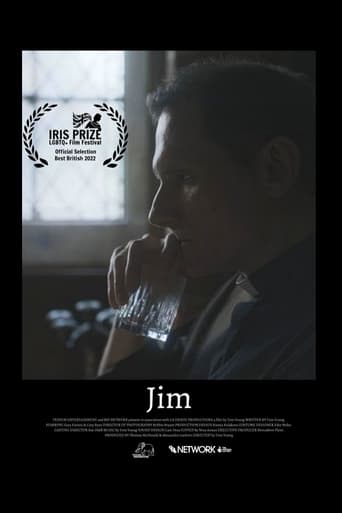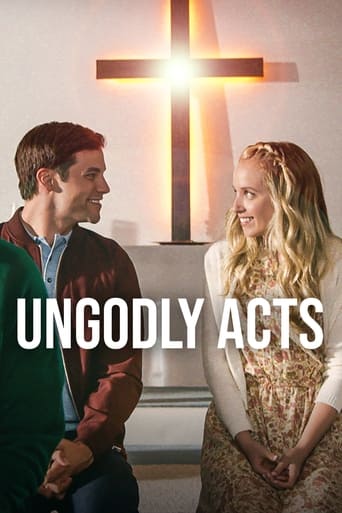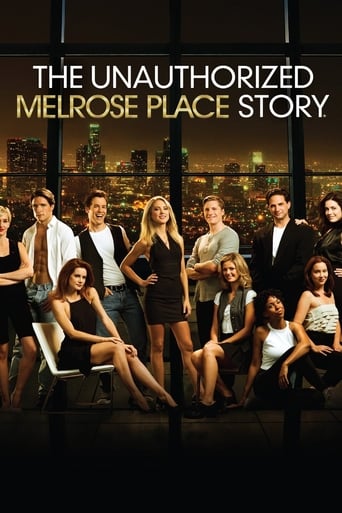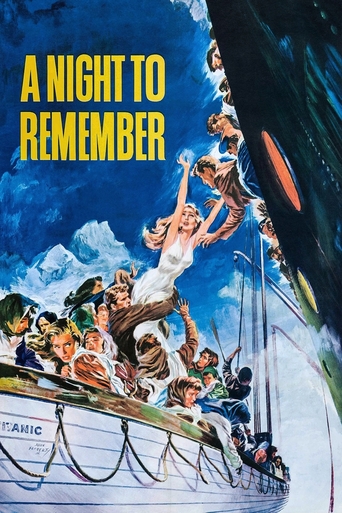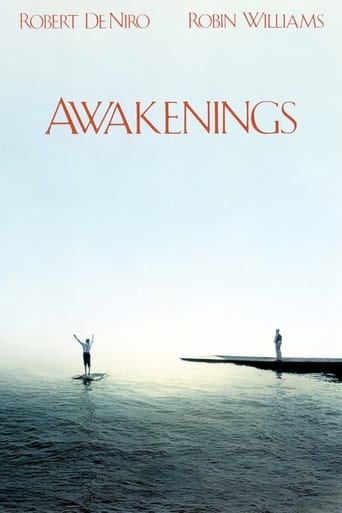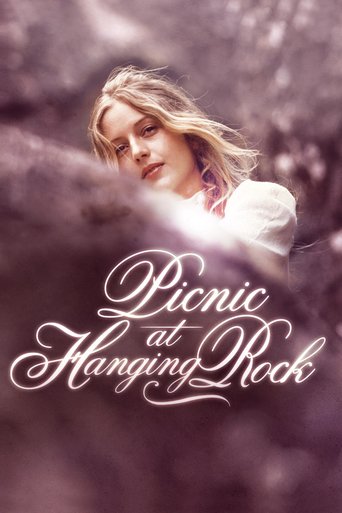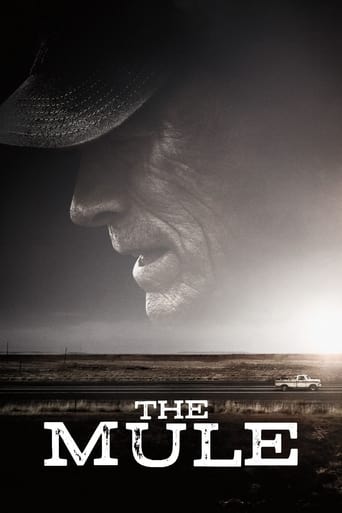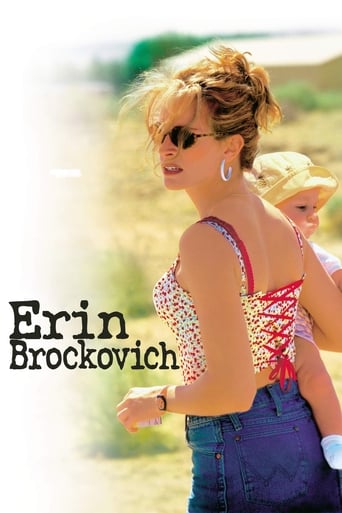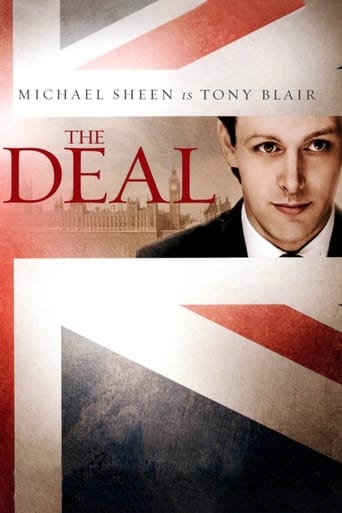
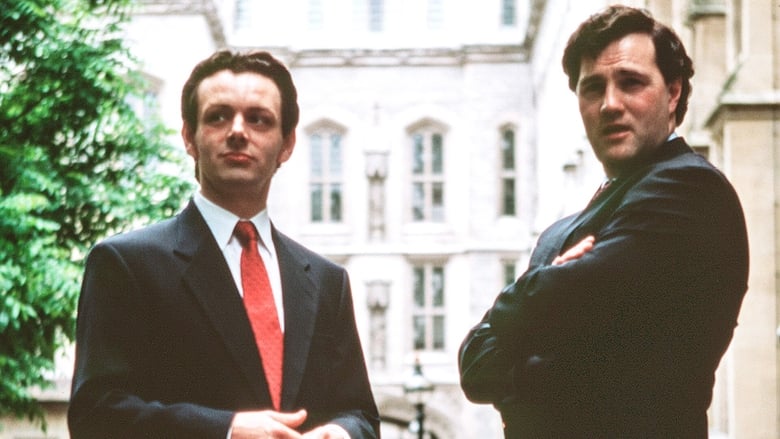
The Deal (2003)
It is approaching an election in the UK when the leader of the Labour party, John Smith, suffers another in a line of heart attacks and dies. With the leadership campaign about to start the clear choice appears to be Gordon Brown, a stanch Scotsman. However Tony Blair is also beginning to appear more likely as he will appeal to Southern voters who would be turned off by Brown. Blair rings Brown to arrange a meeting to discuss which will go for the job. The film flashbacks to the start of their relationship, sharing an office in Westminster on their first seats.
Watch Trailer
Cast


Similar titles
Reviews
Stephen Frears has done some excellent movies documenting recent British social and political history. In this particular movie, he gives us the background to Tony Blair's ascendancy to the leadership of the British Labour Party. After getting a seat in Parliament in 1983, Tony Blair, performed by Michael Sheen, was very much a junior to the formidable Scot named Gordon Brown, a longtime member of the party, played by David Morrissey. We see Blair looking for office space after his election and sharing a room with Brown as the two become friends during the Thatcher era. Brown is an intellectual with a thick Scottish accent and brooding manner. He does his homework and gives a rousing first speech. Tony Blair takes himself and his work much less seriously and seems very much a lightweight but his easy manner and likability pay dividends down the road. I enjoyed David Morrissey in the Gordon Brown role and got an appreciation for the difficult spot he found himself in when he eventually succeeded Blair as leader in 2007. Michael Sheen is a competent actor, playing Blair in The Queen and The Special Relationship and also David Frost when he faced Richard Nixon in a series of interviews. The movie is also interwoven with actual film clips from the era of Thatcher, and Labour Leaders Neil Kinnock and Michael Foote. We see how Brown, for all his apparent ambition, seems to hold back when opportunity knocks while the less goal driven Tony Blair eventually sails toward the leadership by force of personality and good luck. This movie was made before Tony Blair stepped down as prime minister and we know Gordon Brown was defeated in 2010 without ever winning an election on his own. Life can be unfair but Tony Blair did in his final years, face difficult times and left office discredited by the war in Iraq. His personal popularity has never recovered. Two great politicians are contrasted here and the movie sheds great light on their personal friendship and rivalry.
The film The Deal elaborates on the relationship of Tony Blair and Gordon Brown during the first years of their political careers. Both men are extremely ambitious, and strive for the party leadership. However their efforts are strikingly different, because of their opposite characters. Blair is eager, always willing to try his luck, and if necessary to subject and serve under a stronger leader. On the psychological level Blair is the extrovert politician, with the ability to show empathy, thus fostering excellent external contacts. He has a disliking for party principles, that might isolate him from society. Brown openly vents his ambitions, and refuses to do tasks, that are below his standards. He is the introvert person, that values the party principles and defends them with ardor and sometimes coarseness (the Labour Party is an association of workmen). Evidently the film The Deal is above all things a character study, and the political background is of only secondary relevance. The story could equally well have portrayed two men, competing for the position of head of the sales department. The political setting is highlighted mainly by the inclusion of footage from live television recordings. For instance we witness a congress of the Labour Party in the eighties, where the crowd sings their hymn The Red Flag. In the mutual relationship Brown makes clear to Blair, that he (Brown) is the primary candidate for the position of party leader. Blair accepts with a mocking overtone. In the mean time party leader Neil Kinnock is defeated by Thatcher, and is replaced by John Smith. When Smith suffers a deadly heart attack, the competition between Brown and Blair reaches its climax. Blair publicly announces his availability as successor, and Brown reacts furiously. He raves: "We had an understanding!" However, it seems that Blair has the better testimonials. His extrovert attitude makes him attractive to the so-called floating voters, who are as yet irresolute. This brings him the support of many party officials, perhaps the majority. Brown has the backing of the traditional Labour strongholds, and a stalemate is forthcoming. Borwn had hoped that the party would prefer him as a matter of course, and apparently fears the confrontation with Blair. Some party officials reproach Brown, that he had never challenged the leadership of Smith. His qualities are called in question. Eventually it is Blair, who reaches out to Brown, and offers him a strong position in a cabinet under his leadership. In addition a vague agreement is made, that Brown will be Blairs successor - rather strange, since both men are of the same age. It reflects the consideration of a senior party official: "What Brown needs, is hope". Surprisingly, Brown accepts, although the job is below his own standard. The film ends here. In 1997 the Labour Party under Blair won the elections, and remained in power until 2009. The Labour Party was reformed, and shifted to the right wing of the social-democracy. Later Blair succumbed to the wishes of Bush with regard to the invasion of Iraq, which made his position within the party untenable. However, even then Brown was unable to topple him. I think that The Deal gives an excellent portrayal of the personal drama, that is attached especially to political careers. In politics a failed candidate can not apply with a competitor, like in business: it is now or never. If you appreciate this type of films, you may consider seeing my reviews of Im Schatten der Macht (Willy Brandt), Jean Jaures, Therese et Leon (Leon Blum), Changer la vie! (Francois Mitterrand), Nynke (Piter Jelles Troelstra) or Den Uyl en de affaire Lockheed (Joop den Uyl). Warning: English subtitles are the odd exception, sorry.
By providing us not only with the political faces of these two great men but with their flawed human underbellies, the director drags us into the heart of the clash - the stylistic differences between Bed and Breakfast (Blair and Brown). What a performance.. Watch the news afterward and you won't know which program was the real one. 10/10
In some ways, the story of Gordon Brown and Tony Blair is profoundly uninteresting. Two men with a similar political philosophy consider challenging for the leadership of the party, eventually decide not to compete with one another but subsequently (in events not covered by this film) fall out. Of course, there are many "what ifs", but politics is full of these. The absence of a philosophical clash, or a deep personal emnity, makes their deal in some senses trivial - one guy stood aside for the other, so what? If any other job than that of potential Prime Minister had been at stake, would anyone care? Because of that job, their decision clearly had some significance. But politicians make deals all the time with one another - and had we not a media obsessed with political minutiae, that history might well have been forgotten. According to the briefings, it certainly hasn't been forgotten by Brown - but that doesn't necessarily make it important.Stephen Frears' film tries hard to reconstruct these events, but it fails to really gain life, telling us what we know already without really adding anything new. David Morrissey, as Brown, is less convincing than when given free rein to play a fictional politician as he did recently in 'State of Play'; Michael Sheen, as Blair, is always just a little bit more callow and hollow than the real thing. The story suggests there was little real friendship between the two, which reduces the tale to a series of empty manoeverings. And while it's fun to see representations of various political characters, we get too little sense of their whole lives. There are a few nice touches (Blair's instinctive family values, Brown's genuine grief at John Smith's death) but 'The Deal' still feels like a compilation of yesterday's newspapers. History will certainly remember both men, but their deal will surely rate only a footnote. For good or ill, Blair stood and won - and that's all we really need to know.


